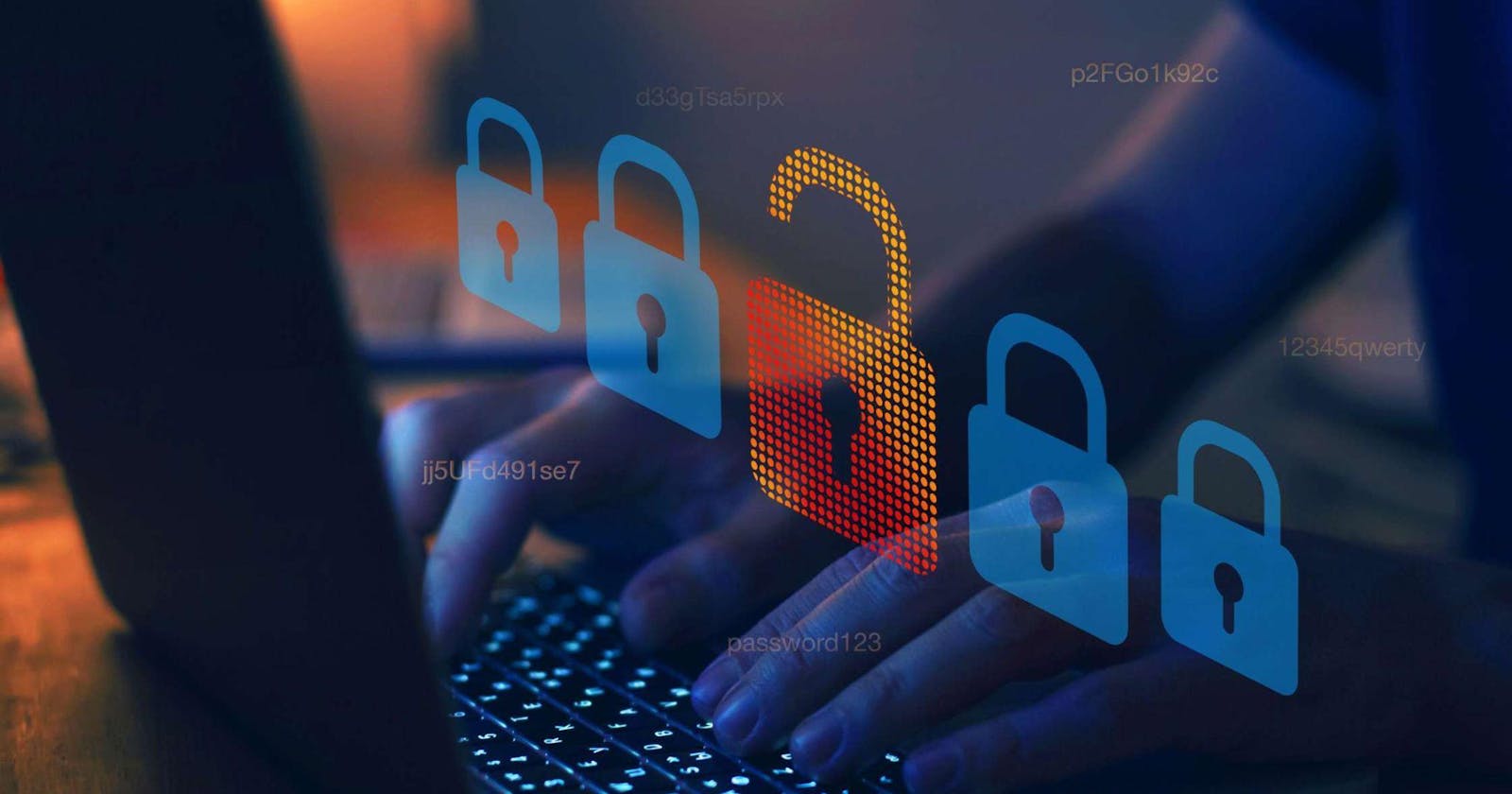Smaller businesses, typically with weaker security and fewer cyber security resources than big companies, can be more easily attacked by hackers. A cyberattack is any intentional effort to steal, expose, alter, disable, or destroy data, applications or other assets through unauthorized access to a network, computer system or digital device.
It is a malicious and unauthorized attempt to compromise a target by exploiting vulnerabilities in technology or human behavior for all sorts of reasons, from petty theft to acts of war. These attacks can take various forms, such as malware infections, phishing scams, denial-of-service (DoS) attacks, or ransomware, posing significant threats to digital assets and privacy security and integrity.
Some of the common cyber-attacks are as follows:
Malware
Malware, short for “malicious software,” refers to programs designed to harm or exploit computer systems and often takes the form of viruses, Trojan horses, or worms. Ransomware, a subset of malware, extorts money from victims by threatening adverse consequences like permanent data deletion or public data exposure.
Phishing
Phishing involves deceptive communication, typically through fraudulent emails or text messages that mimic reputable organizations like banks or credit card providers. These scams lure recipients into clicking malicious links or opening attachments to pilfer sensitive information such as credit card details or website login credentials.
Man-in-the-Middle Attack
A “man-in-the-middle attack” occurs when cybercriminals covertly intercept communications between two parties to pilfer login credentials and other account-related information. Such attacks are prevalent in areas with freely available public Wi-Fi hotspots, where scammers create counterfeit Wi-Fi networks with names resembling legitimate businesses. Once connected to the fraudulent network, they can monitor online activities and abscond with personal data.
Implementing effective cyber security for small businesses is essential in today’s digital landscape to protect against potential threats. Now, here are some tips for securing your small business from cyber-attacks.
1. Educate Your Team
business against cyber-attacks. This training involves providing your employees with the knowledge and skills to protect sensitive data and systems effectively. Train your employees about cyber security best practices, such as recognizing phishing emails, using strong passwords, and avoiding suspicious websites or downloads.
2. Using Strong Passwords
Teach your team the significance of strong passwords, which should be lengthy, complex, and unique for each account or service. Emphasize the use of a combination of uppercase and lowercase letters, numbers, and special characters. Discourage using easily guessable passwords, like “password123,” and recommend using password managers to securely store and manage complex passwords.
3. Create a Cyber Security Plan
Your cyber security plan should include employee training and incident response programs. The first step to securing your network is ensuring your employees understand security policies and procedures.
Training shouldn’t be a one-and-done deal; schedule yearly or semi-yearly refresher courses to keep security top of mind. Help your employees understand the importance of updating their software, adopting security best practices, and knowing what to do if they identify a possible security breach. The faster you act in the face of a cyber-attack, the better you can mitigate the damage.
4. Multifactor Authentication
For businesses handling highly sensitive information, considering multifactor authentication is wise. This means users must provide at least two forms of identification, such as a password and a code, to access systems or programs. Think of it as using an ATM where you need a bank card and a PIN to access your funds. It adds an extra layer of security to protect your valuable data.
5. Increase Your Email Security
Start with the basics regarding email safety, such as avoiding suspicious attachments or links, which can be included in your employee training. If you handle clients’ private information, consider adding extra protection by encrypting documents, requiring both the sender and receiver to use a passcode to access them.
6. Secure Your Wi-Fi Network
When you get Wi-Fi equipment, it’s not entirely secure right out of the box. It comes with a default password, but setting up your own unique password for your network is essential. Also, consider hiding your network name so it’s invisible to others. Suppose you have customers or clients who need Wi-Fi access. In that case, you can create a separate “guest” account with a different password and security measures to prevent them from joining your primary network.
Cyber Security Solutions
Implementing cyber security measures can protect against data breaches, financial losses, and reputational damage caused by cyber-attacks. It instills trust among customers, reassuring them that their data is secure. Additionally, cyber security solutions ensure business continuity by preventing downtime caused by malware or ransomware attacks. The continuous monitoring and analysis of cyber threat intelligence enable businesses to stay one step ahead of cybercriminals, enhancing their overall cyber security posture. In an interconnected digital world, investing in cyber security is not just an option for cyber protection but a necessity for small businesses’ long-term success and resilience.
Related Blog: How to Prevent Data Breaches in 2023
Contact Green Method, a leading cybersecurity solution provider, for top-notch cybersecurity solutions and services. With a proven track record of safeguarding businesses against evolving digital threats, Green Method offers comprehensive protection to secure your organization’s data and operations.
